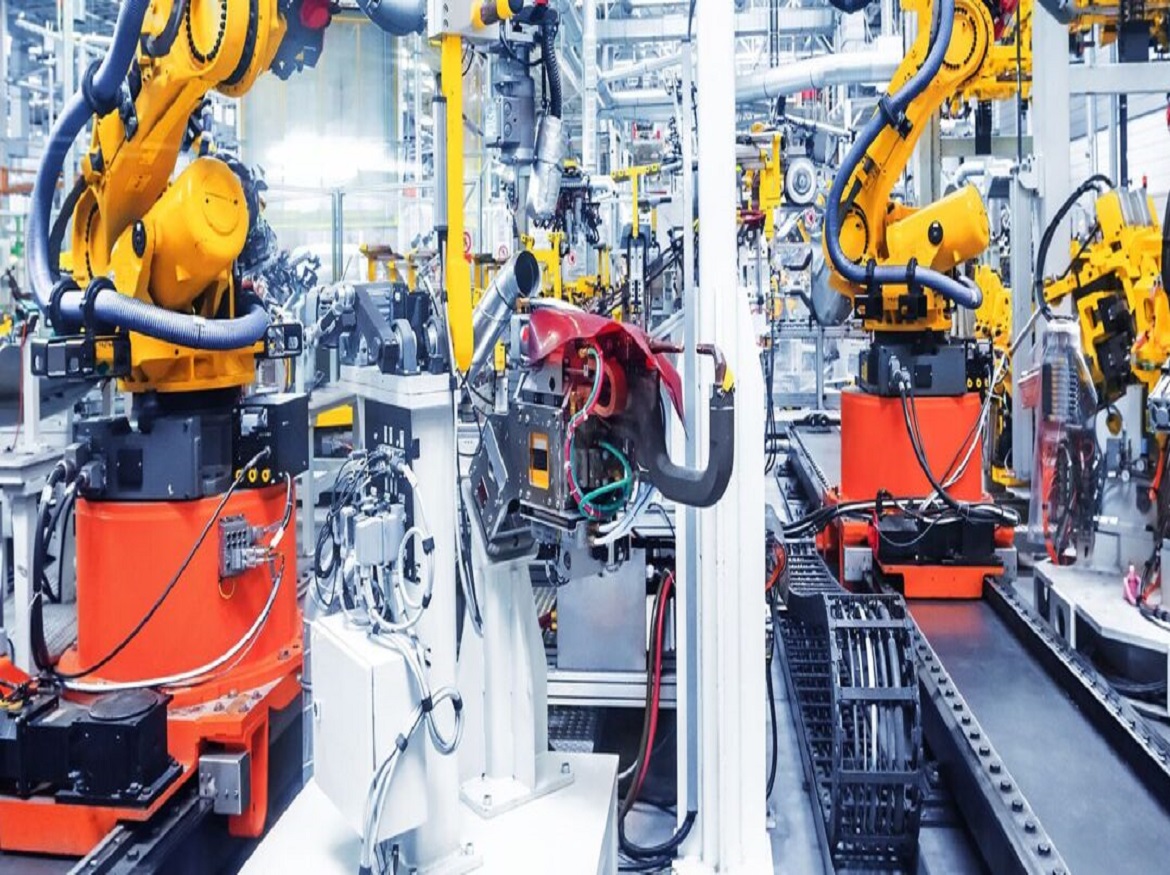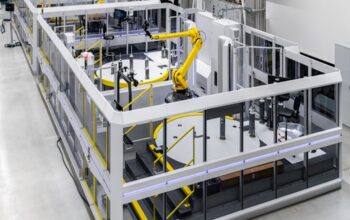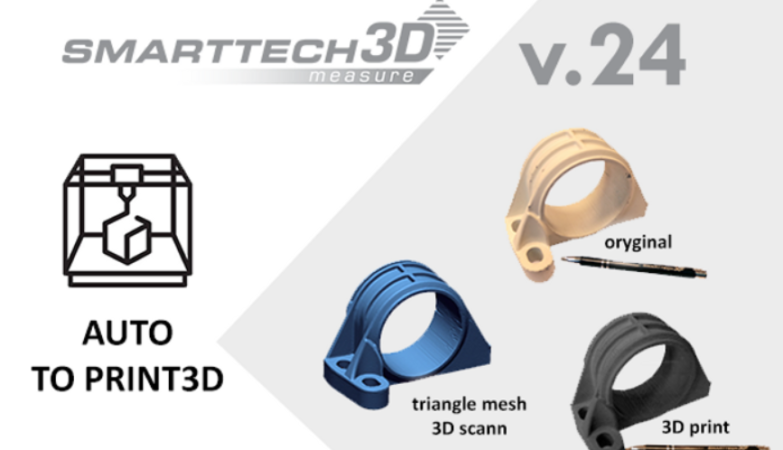4 Benefits of Metrology Technology in Automation Integration
Are you trying to find a way to improve the production and efficiency of your store? You can accomplish your aims for automation integration with the aid of metrology technology. Let’s examine more closely how adopting metrology technology can help to position your company for success in the current global industrial economy.
1: Time Savings
By ensuring projects are completed quickly and on schedule, metrology technology helps save time. By doing away with the necessity for manual measurements, metrology systems speed up production and cut down on the amount of time required for quality control inspections.
By using metrology technology, construction times can be reduced from days to hours. In the past, automation integrators could have needed a number of people to lay out a machine design on the shop floor using chalk lines and straight edges, and then spend more time coordinating with various vendors and studying drawings. Using metrology technology, however, a single employee can design a floor plan, cutting down on build time and freeing up additional staff members to work on higher-value projects.
It also saves a lot of time to have your own metrology equipment rather than relying on outside metrology service providers. Do two pieces of equipment need to be aligned? Working with external resources places you at the whim of their timetable, which means your project (or portions of it) will frequently be put on hold until your metrology provider can accommodate you. You can move the job along more quickly using your tools than by waiting for a third-party source.
2: Cost Savings
Utilizing metrology prevents the project budget from degrading, which could result in cost savings. By incorporating metrology-based processes, manual labor is not as necessary or as expensive. Additionally, metrology technology lowers waste and rework costs by guaranteeing accurate and consistent measurements.
You can spend less money by using less expensive external resources thanks to in-house metrology. Having the tools on hand enables your in-house experts to act as resources to train other teams, which helps develop your internal knowledge base (more on that in a bit). As a result, you can seek advice from internal resources rather than spending money on hiring expensive outside experts.
3: Improve Quality
By enabling your company to align machinery, certify fixtures, and inspect parts to guarantee you meet customer specifications at any stage of the project build, metrology technology improves quality.
Think about this If a manufacturer needs to align the upper and lower tooling heads of a press in a facility without metrology technology, their traditional option is to ask their internal machine shop to make a manual hand tool to do it. This may solve the problem, but it does it inefficiently since even if the tool they develop does operate as intended by the engineer, it can only be applied to that one particular tool. Manual instruments are completely useless for verifying fixtures since they increase the likelihood of human error.
However, there are numerous potential applications for metrology tools. Equipment like a portable measuring arm is quite versatile and can be utilized for many requirements throughout many project phases. Furthermore, compared to manually handled instruments, metrology tools offer more accurate measurements. Additionally, you can save money since fewer resources are required to construct a tool that checks a single feature on a single cell.
The use of metrology technology inspires confidence in customers. Quality is guaranteed and you are given the ability to meet customer requirements at any stage of the project build when you are aware that your company uses high-end precision measuring equipment to produce the best results.
4: Internal Knowledge Base
With the help of in-house metrology, your company may create an internal knowledge base and maintain a level of expertise that expands over time. By addressing metrology internally, you may develop your own in-house specialists who can offer assistance and advice across business units without being dependent on external resources and experts.
Some companies expand on the idea of an internal knowledge base by posting case studies, success stories, and best practices recommendations about metrology on the company intranet. The company’s knowledge of metrology is advanced thanks to the centralized, always-accessible sharing of these resources, which also encourages discussion and ideas on the applications of metrology technology that can yield the largest returns on investment.
Ensure metrology is in the mix
The use of metrology technology by automation integrators has many advantages. Metrology technology not only reduces costs and saves critical time, but it also improves overall quality and creates an internal knowledge base that will benefit your company for years to come. Make sure metrology technology is included in the mix to improve your chances of real automation integration success.
Are you interested in finding out more about how automation integrators can succeed with automation integration by using metrology technology? By providing makers with extremely precise measurement, positioning, and inspection data, Hexagon’s metrology technology promotes smart manufacturing.
Credits: Hexagon
Click on the following link Metrologically Speaking to read more such blogs about the Metrology Industry.









